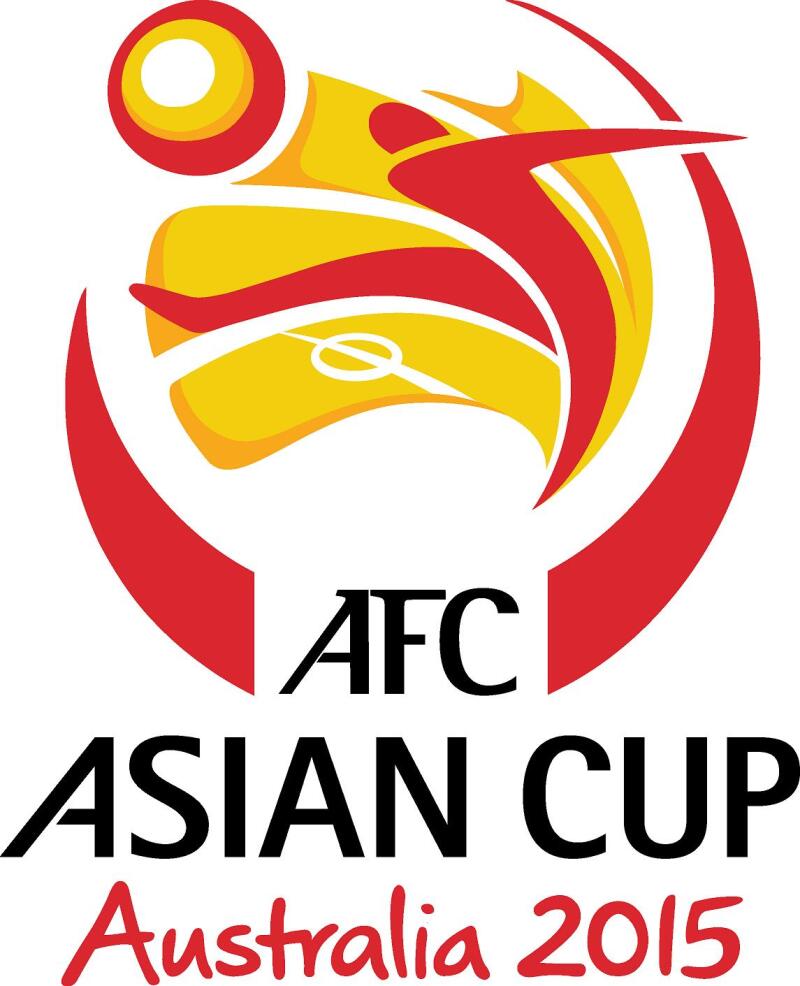The Major Sporting Events (Indicia and Images) Protection Bill 2014, was read for the first time in the House of Representatives today, and covers three events: the Asian Football Confederation’s Asian World Cup and the International Cricket Council’s Cricket World Cup both in 2015, and the 2018 Gold Coast Commonwealth Games.

|
How will advertisers try to get around the anti-ambush marketing rules during the AFC Asian Cup? |
For each event, the bill contains a list of protected indicia which during the time around each event may only be used by registered authorised parties, such as sponsors. For example, for the Asian World Cup, protected indicia include the phrases “AC2015”, “AFC Asian Cup 2015 Qualifiers” and “Asian Cup”.
The draft bill also contains two additional lists of expressions which are protected when a phrase is from one list is combined with one from the second. The first list (table A) contains phrases that are similar or identical to terms on the protected indicia table, such as “AC2015” and “Asian Soccer Cup”, while table B contains more generic terms such as “broadcaster”, “caterer” and “hotel”.
Interestingly, the bill also allows authorised users to request Customs to seize goods which use the protected indicia during the protection period for each event.
Balance and clarity needed
Despite these rules, it is inevitable that companies will attempt to push up against the limits of the law, as the 2012 London Olympics and Paralympics demonstrated. Those events were noted for a particularly strong anti-ambush marketing law. Like the Australian bill, the UK law prohibited the use of certain combinations of phrases. That bill arguably went even further, going so far as delineating safe zones around certain events at certain times that barred all other forms of advertising.
Even big brand owners, the ones that ambush marketing laws usually protect, say that it is important that the law is clear as to what is and what isn’t allowed. Jaime Lemons of Nike told an audience at the INTA Annual Meeting last year that her company finds itself on both sides of the issue depending on the event, and given the short shelf life for most advertisements, easily interpretable rules are important.
“The problem with this is that we don’t have the luxury of waiting for court decisions to interpret these laws,” she said.
An overly aggressive law may also hurt the event. Sahira Khwaja of Hogan Lovells said that when the International Olympic Committee visited London just before the Olympics, some members were dismayed that they saw so few signs and expressions of support. One explanation given, Khwaja noted, was that because the ambush marketing laws were so restrictive and so highly publicised, many supporters were afraid of infringing the restrictions.









